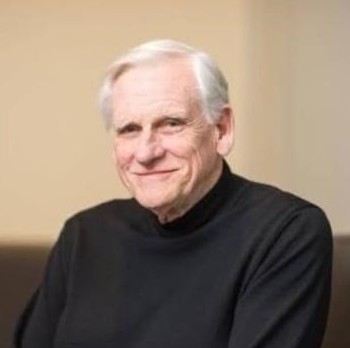
Known globally as the “father” of extracorporeal membrane oxygenation (ECMO), Robert H. Bartlett, MD, FACS, died on October 20 at the age of 86.
Born in Ann Arbor, Michigan, Dr. Bartlett spent most of his life and career in “The Great Lakes State,” earning his undergraduate degree from Albion College in Michigan and his medical degree from the University of Michigan Medical School before heading east to complete his cardiothoracic surgical residency at the Peter Bent Brigham and Children’s Hospital in Boston, Massachusetts, where his lifelong ECMO work began.
During the subsequent decade, Dr. Bartlett worked on improving the artificial lung at the University of California, Irvine, and his work on ECMO began to flourish. In 1971, his research was funded by the National Institutes of Health (NIH) to demonstrate prolonged extracorporeal circulation with the use of a membrane lung for days. Following this first grant, he was awarded an unprecedented 54 years of continuous NIH funding.
In 1980, Dr. Bartlett returned to the University of Michigan, bringing his ECMO team and establishing the ECLS (Extracorporeal Life Support) research laboratory, which is still active today and supports up to 100 students, residents, and investigators annually. In 1989, he founded the Extracorporeal Life Support Organization (ELSO) and the subsequent registry maintained by ELSO, which has documented more than 100,000 lives saved using ECMO.
Dr. Bartlett was considered a humanist, physician, an involved educator, and generous mentor. His contributions reflected his targeted and altruistic goal of improving medical care for the sake of patients and their families. He did not seek patents on several of his inventions such as the spirometer, believing that such technology might benefit humanity and should not be treated as a source of income.
Read more about Dr. Bartlett and his contributions to patient care.
